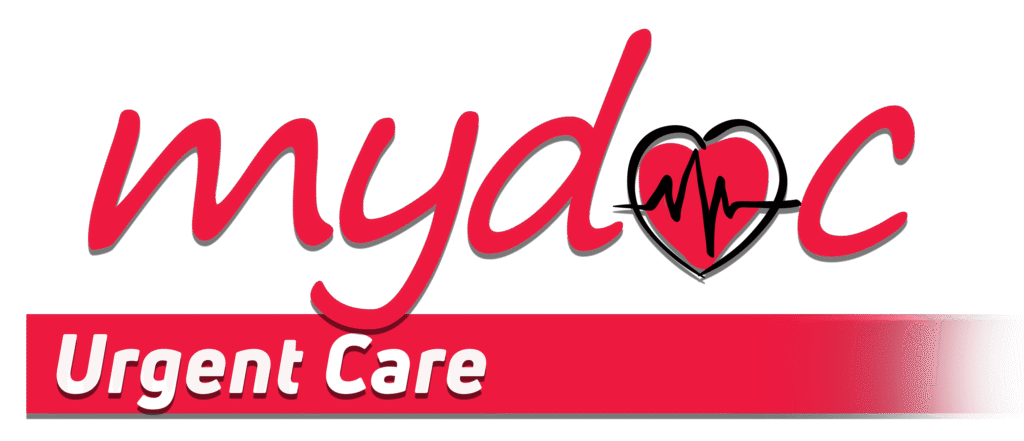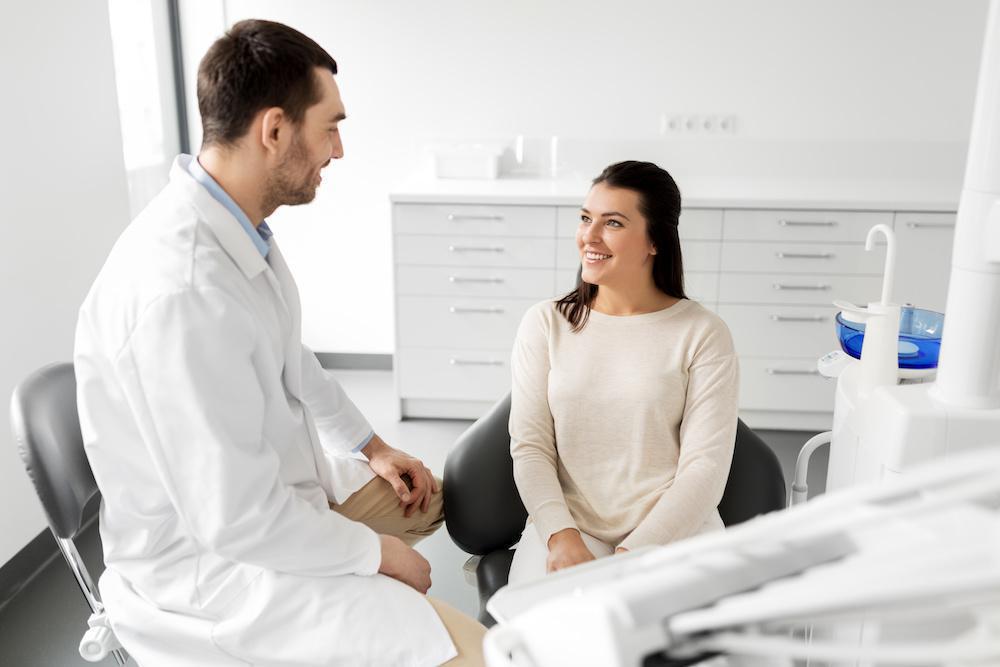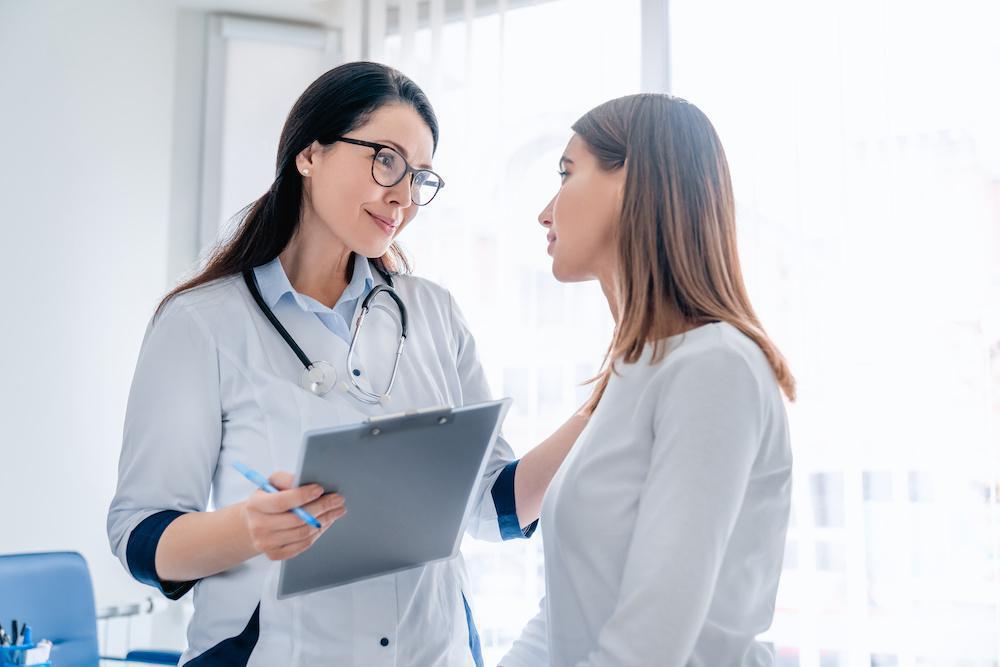What Are the Advantages of Telemedicine?

Our goal at MyDoc Urgent Care is to provide the premium medical treatment you deserve with the easy accessibility you crave. Our services include walk-in visits, same-day doctor appointments, and comprehensive, top-level in-office labs and diagnostic studies from five locations in New York.
The MyDoc team is also pleased to provide telemedicine services that offer the same stellar care from the convenience of your home, office, or car (provided you’re safely parked).
What is telemedicine?
The dictionary defines telemedicine as the “remote diagnosis and treatment of patients via telecommunication technology.” Telemedicine could include a phone call or a video conference over the internet. Most people consider telemedicine a relatively new concept. However, if you think about it, it’s a virtual version of the house calls doctors used to make regularly until the late 1950s. Telemedicine visits aren’t always appropriate, such as when you need stitches or labs performed, but they can often replace routine office appointments.What are the advantages of telemedicine visits?
Telemedicine visits can save traveling time, eliminate exposure to the elements during bad weather, and prevent delays in treatment for the elderly or people living in rural areas. Also, if you’re sick or recovering from an injury, sometimes the best thing you can do for your health is to stay home. Telemedicine also decreases exposure to the latest cold, flu, or COVID outbreak circulating through the community.What conditions can you treat with telemedicine?
The MyDoc Urgent Care team offers a full range of services via telemedicine, including:- Diagnosis and treatment for acute illnesses
- Management of diabetes, high blood pressure, and other chronic illnesses
- Follow-up after surgery
- Review of lab tests or diagnostic imaging studies
- Prescription refills
- Referrals to specialists
What happens during a telemedicine visit?
At MyDoc Urgent Care, a telemedicine visit starts with a phone call to the office to schedule your visit and instructions on connecting and preparing for your appointment. We recommend that you ensure your connection is secure and private, allowing you the freedom to discuss your symptoms and share sensitive health information. Depending on the reason for your visit, preparation may include checking your temperature, blood pressure, blood sugar, or other vital signs if you have the equipment to do so at home. It’s also helpful to keep a list of your symptoms or concerns handy during the visit. During the appointment, your MyDoc provider asks for details such as the reason for your visit, symptoms, nutrition status, and other pertinent information. In addition, your provider may request that you move the camera periodically for a closer view of a rash, cut, or another issue raising concerns. Depending on your symptoms, you may require further evaluation with labs such as a urinalysis or blood work available through the nearest MyDoc office. Your provider then develops a diagnosis and personalized treatment strategy. Call or connect online with MyDoc Urgent Care today to learn more about our telemedicine services.SCHEDULE A CONSULTATION








